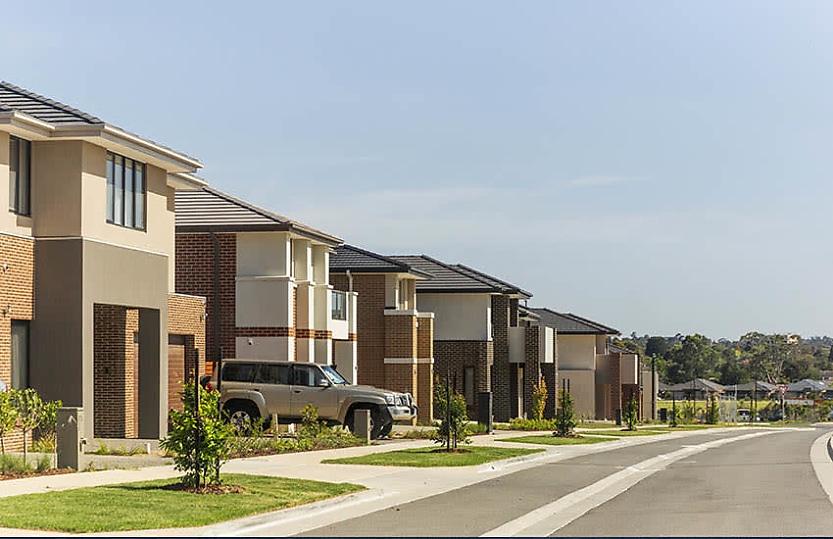Allowing super for housing would ‘inflame’ market, warns SMC

Enabling super members to use retirement savings to buy a house could unleash a price rise of nearly $75,000 in capital cities, new modelling shows.
Changing the laws to allow first home buyers to purchase a house with superannuation money would “inflame an already inflated property market”, according to modelling conducted by the Super Members Council.
The superannuation industry advocacy group modelled a scheme that would allow a first home buyer to take $50,000 from their super for a deposit – as has been proposed by the Coalition.
Shadow Treasurer has proposed a policy that would allow first home buyers and women over 55 to draw down on their super for a deposit.
Modelling undertaken by the Super Members Council (SMC) found the scheme fuelled demand in capital cities and led to price increases that quickly exceeded the $50,000 first homeowners could withdraw from super.
The model showed prices would hike in all capital cities, with the Sydney median ballooning by almost $80,000, in Melbourne by nearly $70,000, Brisbane by $78,000 and in Perth by a whopping $86,000.
SMC chief executive Misha Schubert said allowing withdrawals from super for house deposits could raise prices for everyone - meaning all home buyers would pay higher mortgages for longer, exacerbating the cost-of-living crisis.
“Using retirement savings for house deposits would just unleash a huge price hike,” Schubert said.
“That would mean higher and longer mortgages for Australians – and would quickly make capital cities even less affordable for new home buyers struggling to get into the market.”
SMC said while Australians all desperately want to own their own home, this policy proposal won’t achieve it and may even make the goal harder for first home buyers by making housing prices even more expensive.
Schubert said a growing list of policy ideas that encourage people to raid their retirement savings come with long-lasting consequences for everyday Australians and the country.
“Breaking the seal on super leaves people poorer in retirement and costs every Australian taxpayer more from higher age pension costs,” she said.
SMC analysis shows a 30-year-old couple who withdrew $35,000 each from their super could retire with about $195,000 less in today’s dollars.
People retiring with less super increases age pension costs, which would likely be met by higher taxes – a price every Australian will pay, said SMC.
The advocacy group said international studies confirm schemes that allow people to access retirement savings for house deposits do not lift rates of home ownership.
A Mercer study of its Global Pension Index found that countries that allow early access to retirement savings for housing did not have higher rates of home ownership than Australia.
“The study also concluded the common feature of the best global retirement systems were that they ‘preserved’ savings until retirement,” said SMC.
An academic review of the New Zealand super scheme, Kiwisaver, that allows withdrawals for housing, found balances were far lower partly due to the country’s first home deposit withdrawal scheme.
“New Zealand also has a lower rate of home ownership than Australia,” said SMC.






